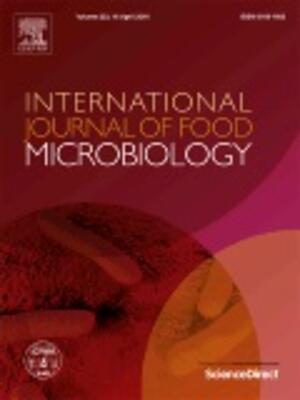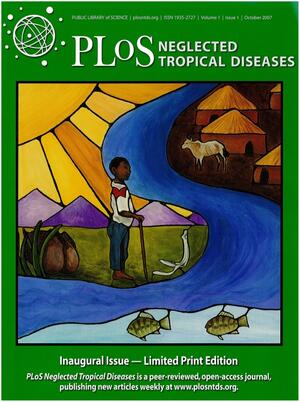
Data driven estimation of foodborne disease incidence in Ethiopia
Abstract
Objectives
Surveillance of foodborne disease (FBD) remains a challenge worldwide. Available incidence
estimates are based on secondary data and expert opinion and suffer from considerable uncertainty,
particularly in low- and middle-income countries where the burden of unsafe foods is higher.
Accurate estimates of incidence are crucial for efficient allocation of public health resources. We
designed an epidemiological framework for the estimation of FBD incidence using primary data and
Ethiopia as a pilot country.
Materials and methods
Laboratory, healthcare facility and community cross-sectional surveys were conducted
simultaneously in three sites in Ethiopia. Faecal samples from diarrheal patients submitted to three
clinical laboratories were tested for selected foodborne pathogens and rates of laboratory confirmed
cases were estimated. Data from healthcare facilities on incidence of diarrhea among patients and
referral practices; and the community on incidence of diarrhea and healthcare seeking practices
were used to adjust incidence rates for under-diagnosis and under-testing.
Results
Between October 2021 and January 2022, 567 faecal samples were submitted; 0.8%, 13.1% and
3.7% were presumptive positive for non-typhoidal Salmonella, shiga toxin-producing Escherichia coli
(STEC) and Campylobacter, respectively. Two percent (n=3,960) of individuals in the community
had experienced diarrhea in the past 4 weeks, 60% of which sought healthcare, with men more
likely to seek healthcare compared to women. Preliminary estimates suggest incidence of
Campylobacter and STEC is significantly higher than non-typhoidal Salmonella. Pathogen-specific
incidence varies greatly across regions.
Conclusion
Campylobacter and STEC are commonly present in diarrhea stools and their role in FBD may be
larger in Ethiopia than previously believed. Results suggest that diarrhea stool screening in
laboratories, currently restricted to few pathogens, is likely to provide a biased picture of the
principal causes of FBD and should be expanded to include other important but currently overlooked
foodborne pathogens.
Citation
Alonso, S., LaPolt, D., Mihret, A., Azmeraye, B.M. and Kowalcyk, B. 2022. Data driven estimation of foodborne disease incidence in Ethiopia. Poster presented at the 16th International Symposium of Veterinary Epidemiology and Economics, Halifax, Canada, 8 August 2022. Nairobi, Kenya: ILRI.










